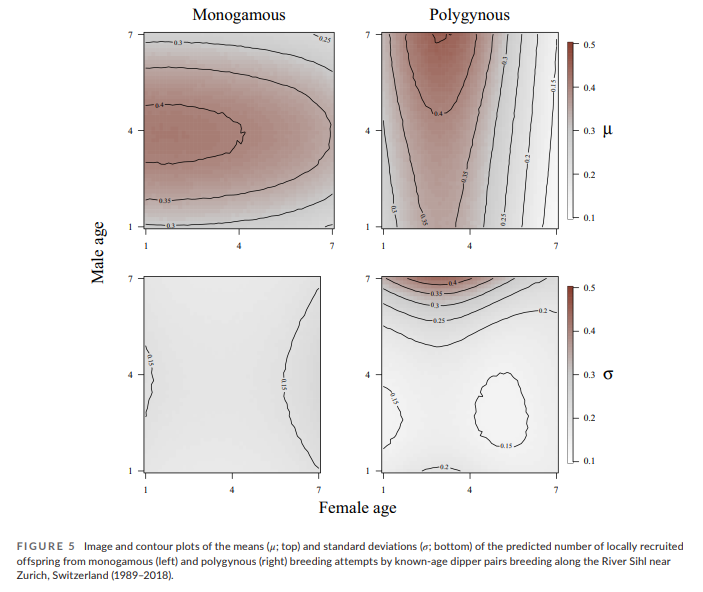Climate, environment, and life-history evolution
The work of Stephen C. Stearns (1989, 1992) has shaped the way I think about evolutionary ecology and population demography. The life-history strategies that organisms employ and the trade-offs that they experience ultimately shape population dynamics. At the same time, we live in a rapidly changing world where anthropogenic actions have tremendous ecological consequences. In the short-term, inter- and intra-annual variation in temperature, precipitation, and extreme weather events have major effects on the success of life-history strategies. In the long-term, anthropogenic actions are changing global climates irrevocably. These changes have critical implications for life-history strategies that evolved over millennia. Understanding the effects of climatic changes on life-history trade-offs is critically important for successful conservation ecology, particularly for specialist organisms with slow-paced life-history strategies.
Representative Publications
Gibson D, Riecke TV, Catlin DH, Hunt KL, Friedrich MJ, Karpanty SM, Koons DK, Fraser JD (2023) Climate change and industrial fishing practices codetermine survival of a long-lived seabird. Global Change Biology, 29, 324-340.
Riecke TV, Hegelbach J, Schaub M (2023) Senescence and mating strategy interact and conflict to drive reproductive success in a passerine. Journal of Animal Ecology, 92, 838-849.
Acevedo CR, Riecke TV, Leach AG, Lohman MG, Sedinger JS. (2020) Are all eggs created equal? Hierarchical models reveal fitness constraints in a long-lived specialist herbivore. Journal of Animal Ecology, 89, 1978-1987.
Leach AG, Riecke TV, Sedinger JS, Ward DH, Boyd WS (2020) Mate fidelity improves survival and breeding propensity of a long-lived bird. Journal of Animal Ecology, 89, 2290-2299.
Leach AG, Sedinger JS, Riecke TV, Van Dellen AW, Ward DH, Boyd WS (2019) Brood size affects future reproduction in a long-lived bird with precocial young. The American Naturalist, 193, 458-471.
